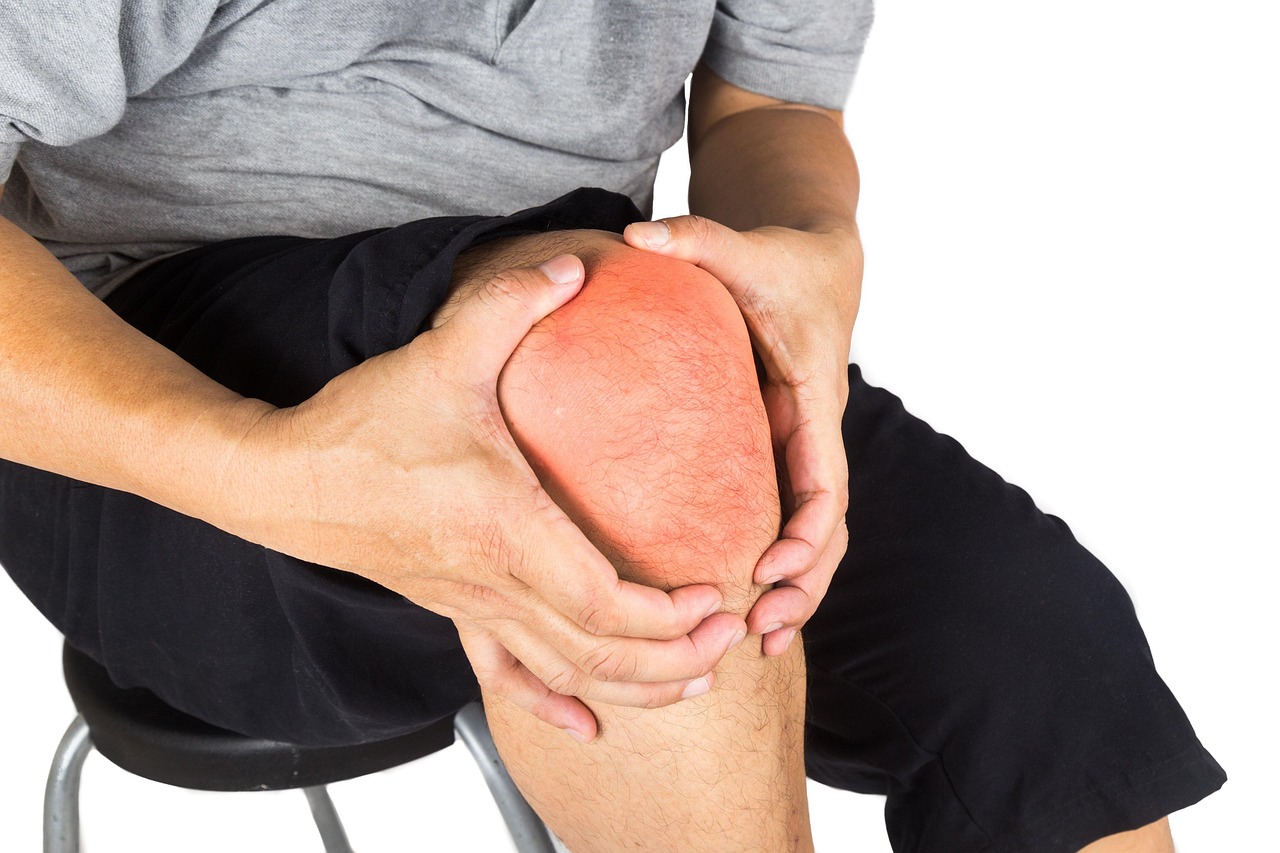Musculoskeletal health is a vital aspect of overall well-being, encompassing the bones, muscles, tendons, ligaments, and joints that form the framework of our bodies. This intricate system not only supports our physical structure but also enables movement and flexibility, allowing us to perform daily activities with ease. When musculoskeletal health is compromised, it can lead to pain, discomfort, and a significant reduction in quality of life.
Understanding the importance of this system and how to maintain it is essential for everyone, regardless of age or activity level. The musculoskeletal system is often taken for granted until an injury or condition arises. Many people may not realize that musculoskeletal issues can stem from various factors, including lifestyle choices, occupational hazards, and even genetic predispositions.
As we delve deeper into the significance of maintaining musculoskeletal health, it becomes clear that proactive measures can prevent many common issues and enhance our overall physical capabilities.
Key Takeaways
- Musculoskeletal health is crucial for overall well-being and involves the bones, muscles, joints, and connective tissues in the body.
- Maintaining musculoskeletal health is important for mobility, flexibility, and preventing injuries that can impact daily activities.
- Common musculoskeletal issues and injuries include sprains, strains, fractures, and arthritis, which can be caused by overuse, poor posture, or accidents.
- Preventing musculoskeletal pain and injury can be achieved through regular exercise, proper nutrition, and ergonomic practices.
- Seeking professional help from a healthcare provider, physical therapist, or nutritionist can provide personalized guidance for managing musculoskeletal issues and maintaining overall health.
Importance of Maintaining Musculoskeletal Health
The Importance of Pain-Free Physical Activity
A healthy musculoskeletal system allows individuals to engage in physical activities without pain or limitation. This not only contributes to physical fitness but also promotes mental well-being. Regular movement and exercise release endorphins, which can improve mood and reduce stress levels.
Preventing Chronic Conditions
Musculoskeletal health plays a significant role in preventing chronic conditions. Poor musculoskeletal health can lead to a cascade of issues, including obesity, cardiovascular disease, and diabetes. By prioritizing the health of our bones and muscles through regular exercise and proper nutrition, we can mitigate these risks and promote longevity.
Improving Overall Body Function and Comfort
Maintaining a healthy musculoskeletal system can improve posture and spinal alignment, which are essential for overall body function and comfort. Furthermore, strong muscles and flexible joints can enhance balance and coordination, reducing the risk of falls and injuries, particularly in older adults.
Common Musculoskeletal Issues and Injuries

Common musculoskeletal issues include conditions such as arthritis, tendinitis, bursitis, and muscle strains. Arthritis is characterized by inflammation of the joints, leading to pain and stiffness that can significantly impact daily activities. Tendinitis occurs when tendons become inflamed due to overuse or injury, often affecting athletes or individuals engaged in repetitive motions.
Bursitis involves inflammation of the bursae—small fluid-filled sacs that cushion joints—resulting in discomfort during movement. Muscle strains are another prevalent issue, often occurring when muscles are stretched beyond their limits or subjected to sudden force. These injuries can happen during sports activities or even simple tasks like lifting heavy objects incorrectly.
Understanding these common conditions is essential for recognizing symptoms early on and seeking appropriate treatment before they escalate into more severe problems.
Tips for Preventing Musculoskeletal Pain and Injury
Preventing musculoskeletal pain and injury requires a multifaceted approach that includes lifestyle modifications and awareness of body mechanics. One of the most effective strategies is to engage in regular physical activity tailored to individual fitness levels. Incorporating strength training, flexibility exercises, and cardiovascular workouts can help build resilience in muscles and joints while improving overall fitness.
Another critical aspect of prevention is being mindful of body mechanics during daily activities. Proper lifting techniques—such as bending at the knees rather than the waist—can significantly reduce the risk of injury. Additionally, taking breaks during prolonged periods of sitting or repetitive tasks can help alleviate strain on the musculoskeletal system.
Stretching regularly can also enhance flexibility and reduce tension in muscles, further preventing injuries.
Exercise and Musculoskeletal Health
Exercise is a cornerstone of maintaining musculoskeletal health. Engaging in regular physical activity strengthens muscles, improves joint stability, and enhances flexibility—all essential components for a healthy musculoskeletal system. Weight-bearing exercises, such as walking or resistance training, are particularly beneficial for bone health as they stimulate bone density and reduce the risk of osteoporosis.
Incorporating a variety of exercises into your routine can also help target different muscle groups and prevent imbalances that may lead to injury. Activities such as yoga or Pilates promote flexibility and core strength, which are vital for maintaining proper posture and alignment. It’s important to choose exercises that you enjoy to ensure consistency and long-term adherence to an active lifestyle.
Nutrition and Musculoskeletal Health

Essential Nutrients for Musculoskeletal Health
Calcium and vitamin D are vital for bone health, while protein is necessary for muscle repair. Omega-3 fatty acids, on the other hand, have potent anti-inflammatory properties that can help reduce inflammation in the body.
Foods for Optimal Musculoskeletal Function
Incorporating certain foods into your diet can provide the necessary building blocks for optimal musculoskeletal function. These foods include leafy greens, dairy products, lean meats, fish, nuts, and seeds. A diet rich in these foods can help support musculoskeletal health and overall wellness.
Hydration and Musculoskeletal Health
Staying hydrated is equally important for musculoskeletal health. Water aids in joint lubrication and overall cellular function, making it an essential component of a healthy diet. By being mindful of dietary choices, individuals can support not only musculoskeletal health but also overall wellness.
Ergonomics and Musculoskeletal Health
Ergonomics refers to designing workspaces and tasks to fit the individual’s needs, thereby reducing strain on the body. Proper ergonomics is essential for preventing musculoskeletal injuries, especially for those who spend long hours at desks or engaged in repetitive tasks. Simple adjustments—such as ensuring that your chair provides adequate lumbar support or positioning your computer screen at eye level—can make a significant difference in reducing discomfort.

Employers should also prioritize ergonomic assessments in the workplace to identify potential hazards that could lead to musculoskeletal issues among employees. Providing training on proper body mechanics and encouraging regular breaks can foster a healthier work environment. By being proactive about ergonomics at home and work, individuals can significantly reduce their risk of developing musculoskeletal problems.
Seeking Professional Help for Musculoskeletal Issues
While many musculoskeletal issues can be managed with self-care strategies, it’s crucial to seek professional help when symptoms persist or worsen. A qualified physiotherapist can provide a thorough assessment to diagnose underlying conditions accurately. They will develop a tailored treatment plan that may include manual therapy, exercise prescription, education on body mechanics, and advice on lifestyle modifications.
Early intervention is key to preventing chronic pain or long-term disability associated with musculoskeletal issues. If you’re experiencing persistent pain or discomfort, don’t hesitate to reach out to a physiotherapist for guidance. At Physio2Home, we specialize in providing expert physiotherapy services in Basildon, Brentwood, Billericay & Essex.
Our dedicated team is committed to helping you regain your mobility and improve your quality of life through personalized care delivered right at your doorstep. In conclusion, understanding the importance of musculoskeletal health is essential for everyone looking to maintain an active lifestyle free from pain and injury. By prioritizing exercise, nutrition, ergonomics, and seeking professional help when needed, you can take significant steps toward preserving your musculoskeletal system’s integrity.
Remember that early intervention is crucial; don’t hesitate to contact Physio2Home for expert physiotherapy services tailored to your needs. Your journey toward better musculoskeletal health starts today!
If you are interested in learning more about home visit physiotherapy services, you may want to check out this article on Home Visit Physiotherapy in Laindon and Basildon. This article discusses the benefits of receiving physiotherapy services in the comfort of your own home, making it convenient and effective for rehabilitation. It also highlights the importance of rebuilding strength and regaining independence, especially for post-surgical patients in London and Essex. Whether you are in Brentwood or any other location, home visit physiotherapy can help you stay pain-free and improve your musculoskeletal health.

